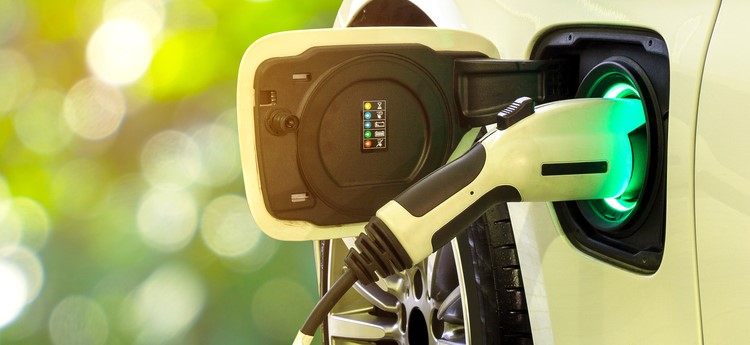If you are tired of paying the high cost of gasoline and adding to the emissions that are poisoning our planet, an electric vehicle or plug-in hybrid could be the perfect solution. These vehicles offer all the functions of a traditional gas-powered car, truck, or SUV but use less or no gas. But there are a few changes you might need to make in your home’s electrical system to be ready to plug in at home.
Understanding Your Charging Station Options
Two charging stations are common in residential applications. They are the Level 1 charger and the Level 2 charger. As you might expect, the Level 1 is a more basic option that charges less rapidly than the Level 2 choice. However, there is a significant benefit to the Level 1 choice. These chargers can use a standard 110-volt outlet to charge your new EV. The only recommendation is that the outlet is on a dedicated circuit to protect the expensive charging system in your new vehicle.
If you are not sure that you have access to a dedicated outlet in your garage or carport, a call to (870) 335-2788 can answer that question for you. A licensed electrician from Chamberlain Electric can check out the outlets you have available to determine which is appropriate for your Level 1 charger. If you do not have a dedicated 110-volt outlet, we will provide you with a free, no-obligation price quote for the installation.
Going To Level 2
If you drive every day or longer distances, having a Level 2 charger could be advantageous. These units charge significantly faster than the Level 1 systems. But they do require a 240-volt outlet. These are the larger outlets that are often required for a clothes dryer. If you do not have the necessary outlet, the Chamberlain Electric team can provide you with a complete price quote to get an outlet, and your Level 2 charging station installed. These units are capable of delivering between 10 and 60 miles of range to the average EV per hour, as opposed to the 2 to 5 miles of range added by a Level 1 charger each hour.
What Will I Spend On Electricity To Charge My EV?
The cost to charge your EV at home will vary based on where you live, the cost of electricity in your area, and even the plan that you have to purchase your electricity. To get a rough idea of the cost per hour, you can use the chart created by the U.S. Energy Information Administration to determine the average cost per kilowatt-hour in your state. You can also look at your electric bill or research the actual cost per kilowatt-hour on your electricity provider’s website. Once you have the cost of the power, you can refer to your EV manufacturer’s website to get the average charge time for your particular vehicle.
Gas VS. Electricity
All EVs and gas vehicles have different rating and efficiency levels. Even the way that you drive can impact how much fuel your vehicle consumes. But for general comparison, General Motors calculated that the average EV owner spends between $300 and $400 in charging costs per year. By contrast, AAA estimated that the average driver of a gas vehicle spends around $3,000 each year on fuel. So you can estimate a 90% savings on the cost to power your vehicle if you are buying an electric vehicle.
Call (870) 335-2788 to schedule an appointment to install your EV charging station or install the appropriate electrical outlet for your new home charging station.



